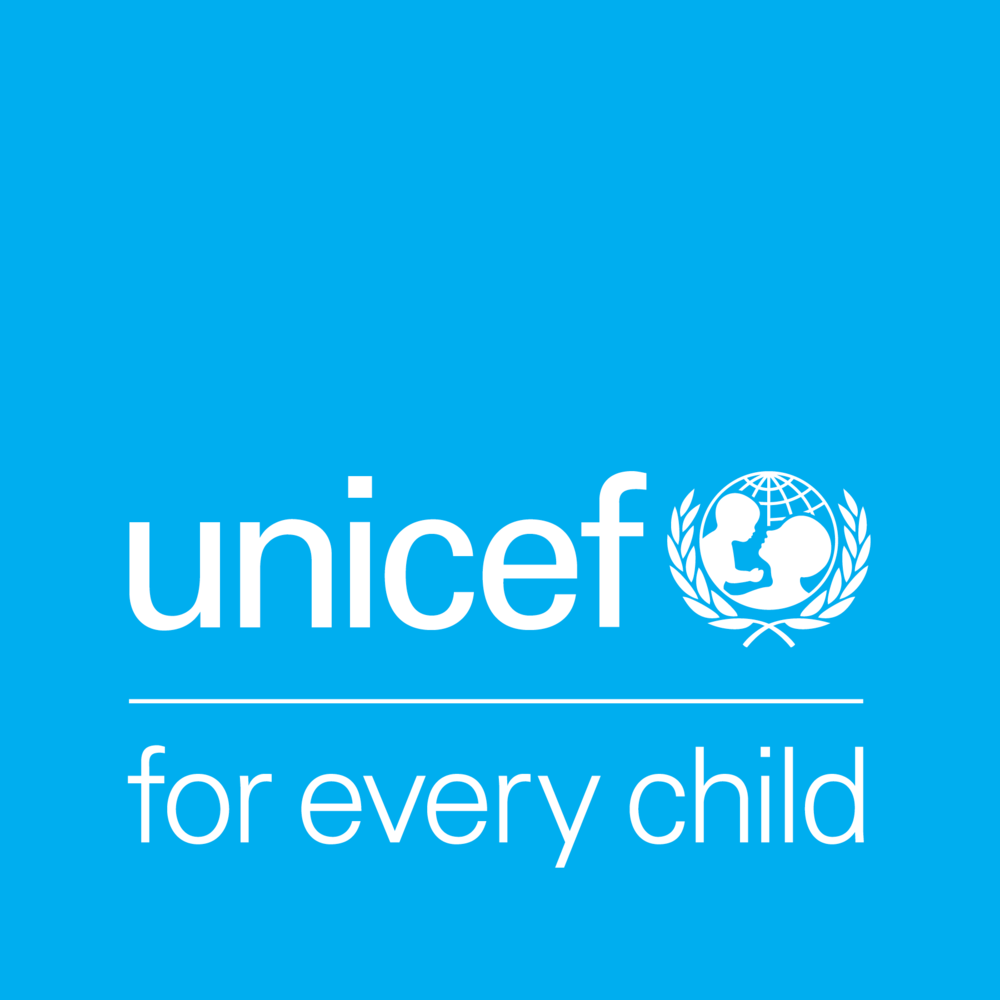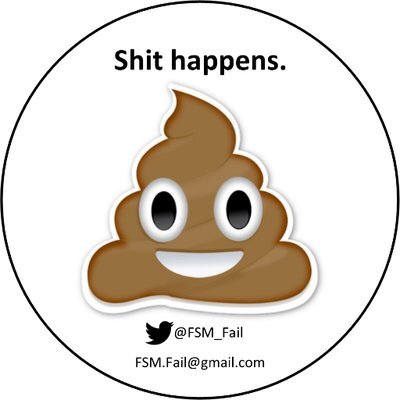
Round 1 - 19 Jan to 8 Feb
UNICEF WASH SANITATION & HYGIENE
Context-specific, integrated MHM programming: Briefly introduce yourself (name, country, organization you work for) and describe what your organization and partners/ government do in your country to address menstrual hygiene needs of girls in schools. If applicable, further elaborate on any of the aspects below.
What context-specific factors do your program identify that prevent girls from managing their period in a healthy and dignified way?
How are girls, boys, women and men, including those living with disability, involved in designing the program approach, focus and activities?
How did the program involve women, men, girls and boys during the implementation phase of the activities?
Synthesis of discussions available here
Round 2 - 16 to 29 feb
dani barrington, esther shaylor, becky sindall, wash failure project & virginia Kamowa, wsscc
Learning from MHM Failures: Briefly describe a project, program or activity you worked on that failed to produce the intended outcome.
What was the intervention and intended outcome(s)?
How did you know you did know that you did not reach your intended outcome(s)?
Did you produce any unintended outcome(s)? Which ones? How did you know?
What did you learn from the failure and what would you do differently next time?
Synthesis of discussions coming soon


round 3 - 8 to 20 march
chelsea huggett, wateraid australia & puleng letsie, african coalition on mhm
Advancing Regional Collaboration and Sharing for Innovation: There are a growing number of regional initiatives to connect practitioners and researchers at regional level. This round of discussion is intended to connect people with one another and with existing networks. Briefly introduce yourself, your work in the MHM space in the region and elaborate on any of the questions below:
Are you looking for new partnerships to advance or scale up your MHM programming? What kind of partnership?
What kind of knowledge or skills are you looking for to advance you MHM programming?
There are separate discussion groups for the following regions: Western and Central Africa | Eastern Africa and Southern Africa | Northern Africa and the Middle East | South Asia | Eastern Asia and Pacific | Latin America and the Caribbean | Other and global
